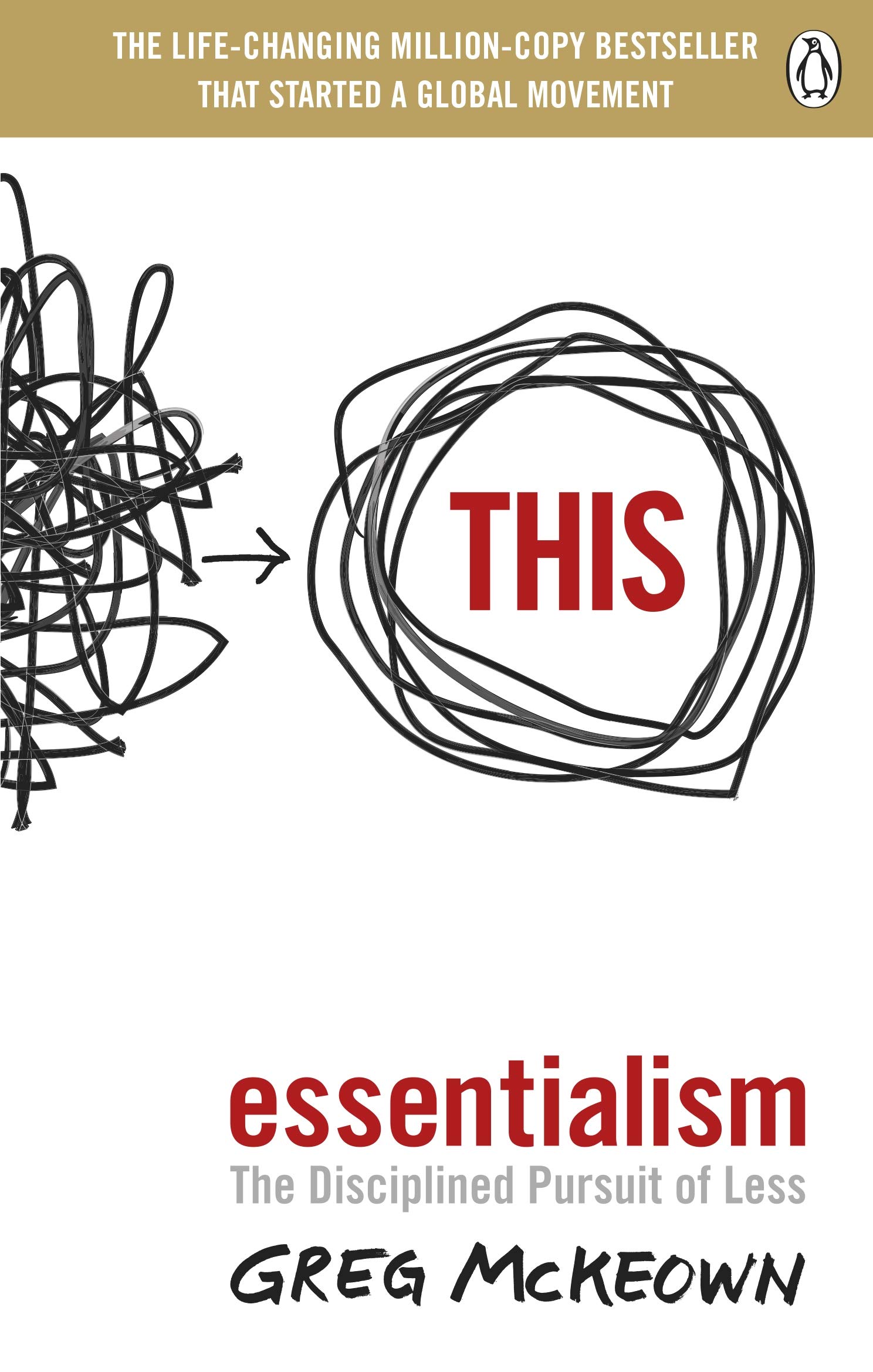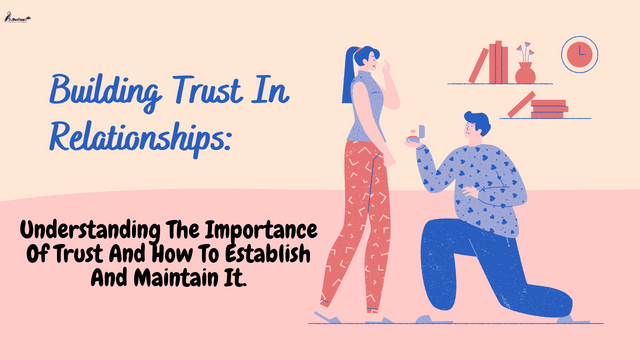Here’s an important question: Do you read fiction or non-fiction? In other words, what are The Advantages of Reading Fiction vs. Non-Fiction?
Reading is an activity that can provide many benefits to individuals, ranging from acquiring knowledge and skills to enhancing imagination and creativity. However, the type of reading material can significantly impact the benefits gained. This blog post focuses on the advantages of reading fiction and non-fiction, and how each type of reading can complement each other. This blog post highlights the benefits of reading and encourages individuals to read widely and diversely. We write this blog post in an easy-to-understand format and is suitable for all ages. It aims to inform, educate, motivate and inspire children, young adults and adults to read.
We hope you enjoy reading this blog post as much as we enjoyed writing it.

Definition of Fiction and Non-Fiction;
Before discussing the benefits of reading fiction and non-fiction, it is essential to define the two types of reading materials. Fiction refers to literature that the author, such as novels, short stories, and poetry, invents or imagine. In contrast, non-fiction refers to literature that presents factual information or ideas, such as text blog posts, biographies, and memoirs. Both fiction and non-fiction are literature that is written for an audience to read. It is common for people to confuse the two because they have similar characteristics.

The Advantages of Reading Fiction;
Fiction can provide many benefits to readers beyond simply providing entertainment. Here are some advantages of reading fiction:
Developing empathy and understanding of different perspectives:
Reading fiction can expose readers to diverse characters, situations, and cultures, enabling them to develop empathy and understand different perspectives. By immersing themselves in a fictional world, readers can experience the characters’ emotions and challenges, which can help them relate to and empathize with individuals in real life. Reading fiction can expose readers to diverse characters, situations, and cultures, enabling them to develop empathy and understand different perspectives.
Enhancing imagination and creativity:
Reading fiction can also enhance imagination and creativity by enabling readers to visualize the characters and their environments. As readers immerse themselves in the story, they create mental images that can inspire new ideas and perspectives. Fiction also provides a sense of reflection, which can be comforting. Readers can observe the thoughts and actions of characters in fiction and reflect on their emotions. Fiction can help readers understand themselves as well as others.
Providing an escape from reality:
Fiction provides an escape from reality, allowing readers to disconnect temporarily from their daily lives and immerse themselves in a different world. This can be a source of relaxation and stress relief for many readers. Fiction as a mirror for society Another common argument is that fiction can serve as a mirror for society and reflect some problems faced by real people. Readers can use the fictional universe to take a more creative approach to social issues and can discuss controversial topics in a safe space. This enables readers to understand the problems faced by people in real life and potentially makes them think of solutions they would not have come up with otherwise.

Building emotional intelligence:
Fiction can help build emotional intelligence by exposing readers to complex emotional situations and character interactions. By observing how characters respond to different situations, readers can develop their emotional intelligence and empathy. The ability to imagine how someone else may feel is crucial in developing a sense of self-awareness. Developing emotional intelligence can be difficult for some, but fiction can make it much easier for readers to relate to the characters and their feelings.
Offering a unique form of entertainment:
Reading fiction can offer a unique form of entertainment that is both intellectually stimulating and emotionally satisfying. The experience of being engrossed in a story and emotionally invested in the characters can be highly rewarding. Reading fiction is also good for our mental health. Research has shown that reading improves empathy, increases self-esteem and helps to cope with stress.
So, how do we develop a lifelong love of reading? How can we ensure that children and teenagers will read for pleasure? We need to create an environment that inspires and motivates them.
All this means we need to encourage children to read, regardless of what their reading abilities.

The Advantages of Reading Non-Fiction;
Non-fiction reading can provide a wealth of knowledge and skills that can benefit individuals in various aspects of their lives. Here are some advantages of reading non-fiction:
Acquiring new knowledge and skills:
Non-fiction reading can provide readers with new knowledge and skills that they can apply in their personal and professional lives. Whether it is learning about a new field or gaining a new skill, non-fiction reading can be an excellent source of information. Readers can use non-fiction as a primary source or as supplementary reading to gain a new skill. For example, if you would like to learn about how to do your own electrical work, you can read introductory blog posts or books on electrical wiring before attempting to apply what you’ve learned.

Developing critical thinking and problem-solving skills:
Non-fiction reading can also help develop critical thinking and problem-solving skills by exposing readers to different perspectives and ideas. By analyzing and evaluating the information presented, readers can develop their critical thinking skills and improve their ability to solve problems. Non-fiction reading can also help develop critical thinking and problem-solving skills by exposing readers to different perspectives and ideas. By analyzing and evaluating the information presented, readers can develop their critical thinking skills and improve their ability to solve problems.
Expanding understanding of the world:
Non-fiction reading can expand readers’ understanding of the world by providing them with factual information about different cultures, histories, and issues. This can help readers develop a more informed perspective and make better decisions in their personal and professional lives. Researchers have found that students who read non-fiction perform better on standardized tests than those who don’t. They are more likely to enroll in college and graduate. Non-fiction can help readers develop a more informed perspective and make better decisions in their personal and professional lives.

Making informed decisions about personal and professional life:
Non-fiction reading can help individuals make informed decisions about their personal and professional lives by providing them with the information and knowledge. Whether it is making a career decision or deciding on a personal goal, non-fiction reading can be an excellent source of guidance. The vast majority of adults today are not avid readers. If they read, they usually stick to fiction blog posts–and only a small portion of them have the interest and drive to seek non-fiction reading material. For those that do, there are plenty of non-fiction blog posts to choose from. There are thousands of non-fiction blog posts on dozens of different topics.
Building a strong foundation for career success:
Finally, non-fiction reading can be an essential building block for career success by providing individuals with the knowledge and skills they need to succeed in their chosen field. Whether it is reading industry-specific blog posts or learning about management and leadership, non-fiction reading can help individuals develop a strong foundation for career success.
The benefits of reading non-fiction blog posts are limitless. Whether it’s learning about a new topic or expanding your knowledge in a particular area, non-fiction blog posts can be an essential part of an individual’s life.

Comparing Fiction and Non-Fiction;
While both fiction and non-fiction reading have their advantages, there are also some differences between the two types of reading material. Here are some comparisons of the advantages and disadvantages of reading fiction and non-fiction:
Advantages of fiction reading:
- Develops empathy and understanding of different perspectives
- Enhances imagination and creativity
- Provides an escape from reality
- Builds emotional intelligence
- Offers a unique form of entertainment
Disadvantages of fiction reading:
- May not provide practical knowledge or skills
- It can be time-consuming
Advantages of non-fiction reading:
- Acquires new knowledge and skills
- Develops critical thinking and problem-solving skills
- Expands understanding of the world
- Makes informed decisions about personal and professional life
- Builds a strong foundation for career success
Disadvantages of non-fiction reading:
- It can be dense and difficult to understand
- May not provide emotional stimulation or entertainment
Discussion of the different ways in which the two types of reading can complement each other:
While fiction and non-fiction reading have their differences, they can also complement each other in various ways. For example, non-fiction reading can provide readers with the knowledge and skills they need to understand and appreciate fictional literature better. Fiction reading can help individuals develop their creativity and emotional intelligence, which can benefit them in various aspects of their personal and professional lives.
| Service | Main Features | Score | |
|---|---|---|---|
1 Badge | Essentialism: The Disciplined Pursuit of Less Paperback
|  PriceRead Full Review PriceRead Full Review |
Choosing What to Read:
Choosing what to read is a crucial aspect of reading, as it can significantly impact the benefits gained. Here are some tips for selecting blog posts based on personal interests and goals:
- Consider personal interests and hobbies
- Set personal or professional goals and find blog posts that align with those goals.
- Read a diverse range of genres and perspectives
- Look for blog posts with positive reviews or recommendations from trusted sources
Reading widely and diversely can help individuals develop their knowledge, skills, and perspectives, enhancing their personal and professional growth.
Conclusion:
When it comes to reading, the advantages of both fiction and non-fiction are plentiful. Fiction allows individuals to escape reality and enter a different world, which can enhance their imagination and creativity. It also helps them develop empathy by allowing them to relate to the characters’ experiences. Reading fiction can improve an individual’s vocabulary, comprehension skills, critical thinking skills, and language proficiency. Non-fiction provides readers with factual information on various topics that they may not know about. This type of reading allows individuals to gain knowledge and expand their understanding of the world around them. Non-fiction blog posts can also help readers in their personal growth and career development by providing practical advice on various aspects of life, such as finances or health. Reading fiction and non-fiction can provide many benefits, from acquiring new knowledge and skills to enhancing creativity and emotional intelligence. By reading widely and diversely, individuals can maximize the benefits gained from reading and develop their personal and professional growth. This blog post aims to highlight the advantages of reading fiction and non-fiction and encourage individuals to read more and continue learning throughout their lives.
Ultimately, whether one chooses fiction or non-fiction depends on their preferences and interests. Both types have immense benefits that can enrich an individual’s life–from enhancing creativity to gaining knowledge–making reading a valuable activity for anyone looking to improve themselves.








